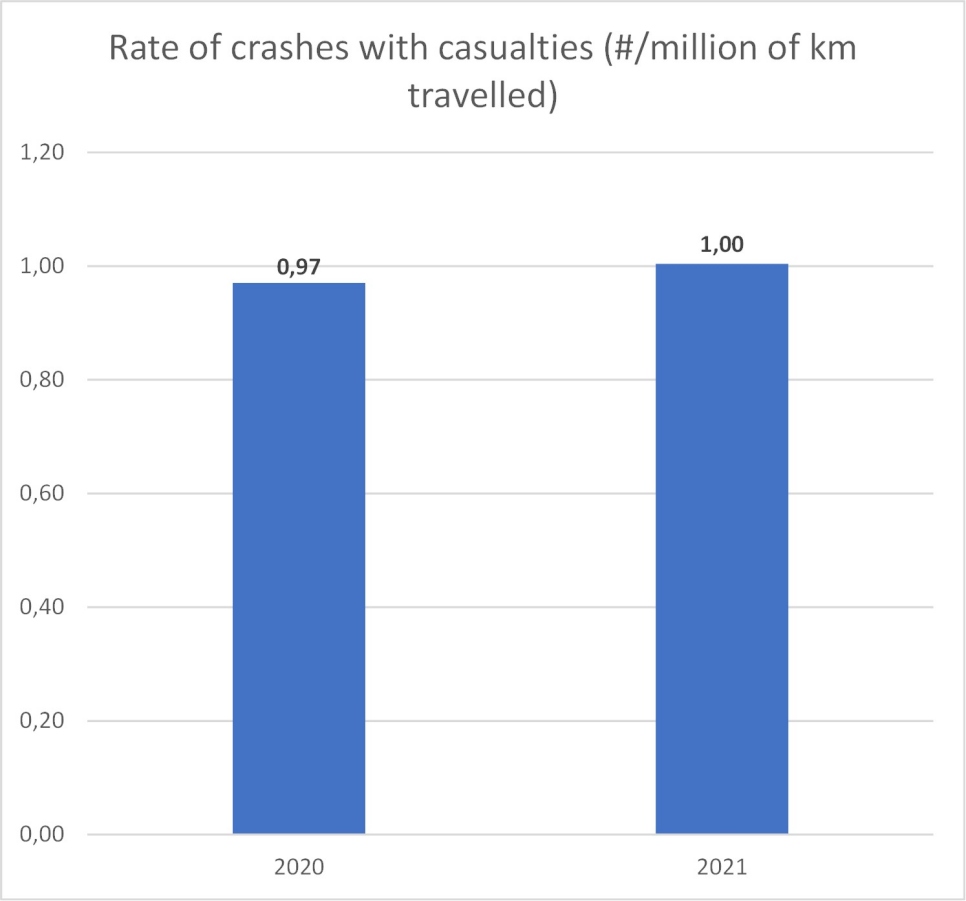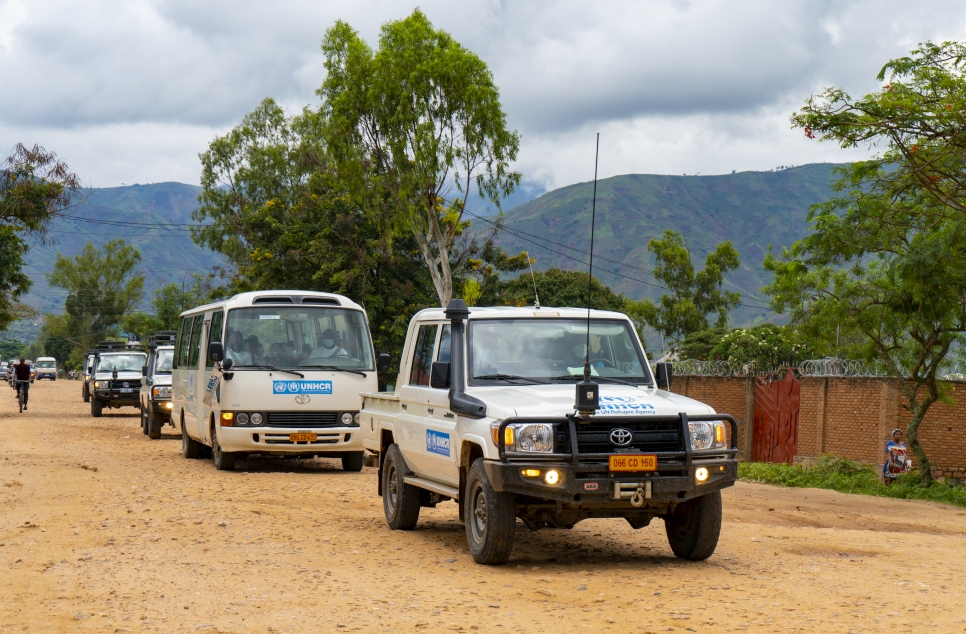Road Safety
Vehicular transportation is crucial for attending to the needs of the forcibly displaced (persons who are forced to flee their homes due to conflicts, violence, human rights violations, and persecution). Unfortunately, this exposes UNHCR and partner organizations personnel to the risk of traffic crashes, and UNHCR is designing and implementing initiatives to reduce the rates of traffic crashes.

Partner organizations play a crucial role in attending to the needs of the persons of concern to UNHCR (asylum seekers, refugees, internally displaced persons, returnees, and stateless persons), often needing to travel to remote areas to reach the people in need for which UNHCR provides vehicles under a Right of Use Agreement.
Consequently, partner organizations are required to follow UNHCR's road safety management system which has 5 pillars: road safety management, safer roads and mobility, safer vehicles, safer road users, and post-crash response.
We involve partner organizations and government drivers on our Road Safety journey by including them in some of the initiatives UNHCR has implemented to reduce the risk of traffic crashes including:
- Defensive driving training
- Road Safety webinars
- Safe journey planning
- Safe Road Use course (to enrol please send a message to [email protected])
- Driver ID cards to monitor drivers’ behaviours
- Vehicle inspection and maintenance
With the collaboration of the partner organizations, UNHCR is striving to achieve zero traffic crashes with casualties.
UNHCR Practical Guidance for Assessing Candidates for Driver Positions
How to report a traffic crash involving a UNHCR vehicle?
Please report it immediately to the UNHCR local office, then send a message within 72 hours to both email addresses: [email protected] and [email protected].
For more information on road safety initiatives involving partner organizations and governments please send a message to [email protected].

